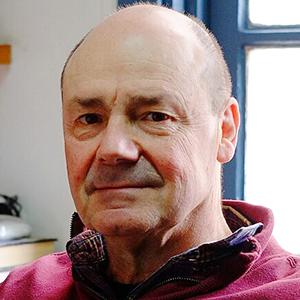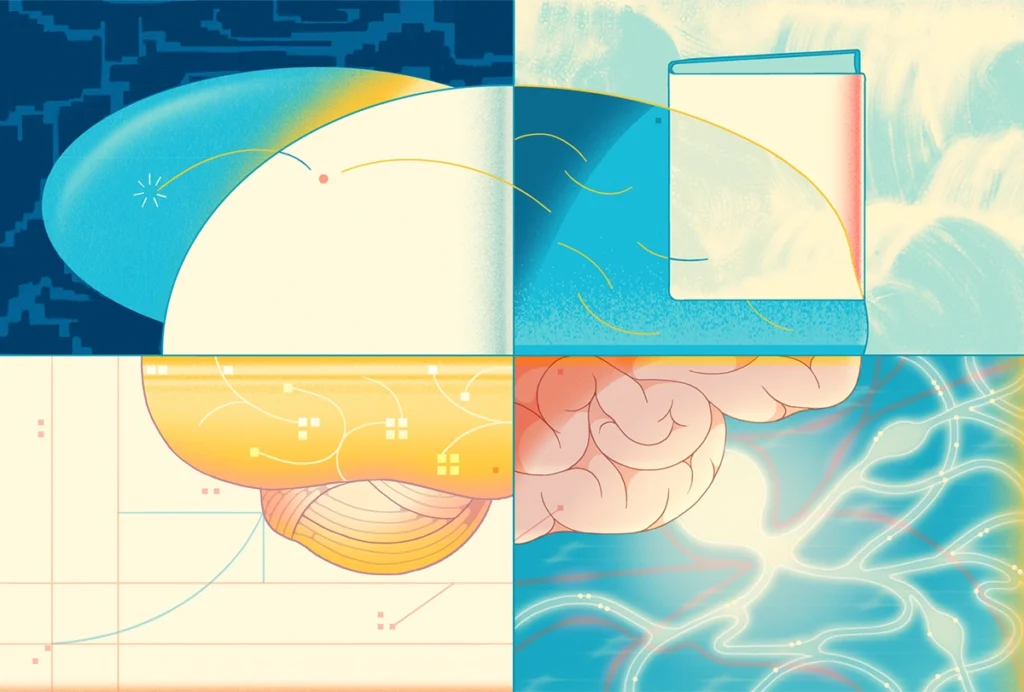Francisco Aboitiz is director of the Interdisciplinary Center for Neuroscience and professor of psychiatry at the Pontificia Universidad Católica de Chile. His research lines include the evolution of the brain and cognition and the neurocognitive underpinnings of neuropsychiatric conditions such as attention-deficit/hyperactivity disorder, autism, multiple sclerosis and epilepsy. He is currently working on social projects, including implementing robotics workshops for children in schools of social risk and assessing their cognitive improvements, and screening resilience signatures in adolescent mothers. He has authored more than 140 scientific articles and is author of the books “A Brain for Speech. A View From Evolutionary Neuroanatomy” and “A History of Bodies, Brains and Minds. The Evolution of Life and Consciousness.”

Francisco Aboitiz
Director
Interdisciplinary Center for Neuroscience
From this contributor
Selected articles
- “A multimodal interface for speech perception: the role of the left superior temporal sulcus in social cognition and autism” | Cerebral Cortex
- “Neural responses to sensory novelty with and without conscious access” | Neuroimage
- “The Enigmatic Reissner's Fiber and the Origin of Chordates ” | Frontiers in Neuroanatomy
- “Neurocognitive mechanisms underlying working memory encoding and retrieval in Attention-Deficit/Hyperactivity Disorder” | Scientific Reports
- “Origin and evolution of human speech: Emergence from a trimodal auditory, visual and vocal network” | Progress in Brain Research
- “Morphological evolution of the vertebrate forebrain: From mechanical to cellular processes” | Evolution & Development
Explore more from The Transmitter
Astrocytes orchestrate oxytocin’s social effects in mice
The cells amplify oxytocin—and may be responsible for sex differences in social behavior, two preprints find.

Astrocytes orchestrate oxytocin’s social effects in mice
The cells amplify oxytocin—and may be responsible for sex differences in social behavior, two preprints find.
Neuro’s ark: Spying on the secret sensory world of ticks
Carola Städele, a self-proclaimed “tick magnet,” studies the arachnids’ sensory neurobiology—in other words, how these tiny parasites zero in on their next meal.

Neuro’s ark: Spying on the secret sensory world of ticks
Carola Städele, a self-proclaimed “tick magnet,” studies the arachnids’ sensory neurobiology—in other words, how these tiny parasites zero in on their next meal.
Autism in old age, and more
Here is a roundup of autism-related news and research spotted around the web for the week of 2 March.

Autism in old age, and more
Here is a roundup of autism-related news and research spotted around the web for the week of 2 March.
